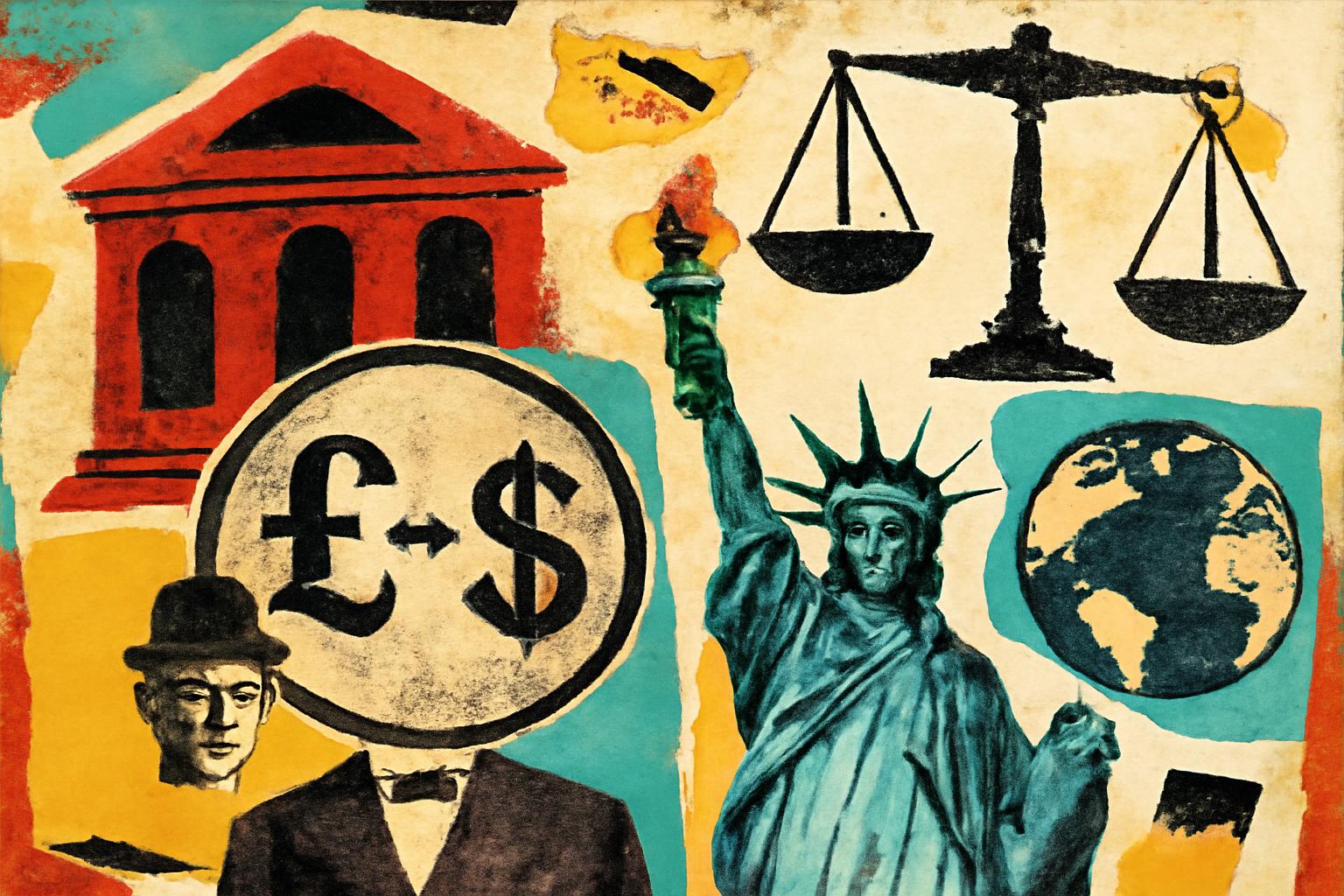The price signals are screaming what the planners won’t admit: you can’t outsmart markets by fiddling with the credit lever. A handful of tech names slump, the Nasdaq drags other indices, and a central banker’s jaw is the gossip of the day. The rest of the economy jitters as investors brace for policy guidance that will never fix the fundamental problem: the state pretends to know best how resources should be allocated, and in doing so wrecks the very signals that would guide productive minds to spend, save, and invest wisely.
Hayek would insist that the volatility and mispricing come not from some natural order turning against us, but from attempting to engineer the economy with a fiat compass. The knowledge necessary to steer an economy is dispersed across millions of minds, not concentrated in a few committee rooms or a single rate. When the Fed holds a rate or signals a future cut, it isn’t “stabilizing” anything so much as substituting political will for decentralized discovery. Prices, wages, and investment are the language of opportunity; suppress that language with blunt instruments, and you get distortions, bubbles, and the next round of panic.
Nozick would frame this as a stark confrontation over the right to self-ownership and voluntary exchange. The central bank’s mandate—to smooth demand, to prop up markets, to “manage” risk—requires coercive taxation, inflationary finance, and moral-hazard transfers from savers to borrowers. This is state power that violates property rights and contracts by fiat. If you own your labor, your savings, and your credit, you do not concede decision rights over the money supply to a political class that treats you as a reservoir of revenue for its preferred outcomes. The legitimate state, in Nozick’s view, would be narrowly tasked with protecting rights; everything else—monetary manipulation, inflationary bailouts, fine-tuning—belongs to coercive redistribution, not a just order.
Rand would sharpen the critique with moral clarity: a system built on consent and voluntary exchange is superior to a system built on coercive risk-shifting and compelled solidarity. The current setup treats individuals as fungible inputs to a macroeconomic experiment. It sanctifies “the greater good” as a rationale for forcing people to tolerate monetary disequilibrium for the sake of “stability,” while eroding personal responsibility and the primacy of judgment. The free market, under Rand’s ethic of rational self-interest, is the only arena where people can negotiate outcomes through contracts, savings, and innovation—not through a central bank that prints future liabilities today.
What does that imply for policy and the here-and-now? Abolish the central bank’s monopoly on money and embrace Hayek’s denationalization of money. A competitive monetary order—where multiple private monies compete for trust and acceptance—would discipline mispricing far more effectively than a political committee pretending to know the future. Inflationary finance would wither as money evolves toward soundness through market discipline, not through the comforting lie that “this time is different.” End the moral hazard of government guarantees and bailouts; reallocate protection of rights so that peaceable exchange remains the ground on which prosperity is built, not the theater of political rescue missions.
Foreign policy coercion, such as sanctions, is another symptom of the same disease: the state claiming to manage outcomes by force rather than by voluntary cooperation. Libertarians should favor peaceful, voluntary exchange and reject coercive instruments that punished the many for political aims of the few. If Russians and others can choose to trade or not trade with whom they wish, the moral case for sanctions collapses; the only legitimate external policy is not intervention, but the protection of individual rights across borders through nonaggression and respect for property.
In the end, the market’s weakness is the state’s strength in disguise. It reveals the truth neoliberals and statists alike avoid: when you pretend to know the economy’s heartbeat, you suppress the very signals that would guide people toward productive risk-taking. Let individuals own their minds, their labor, and their money, and let prices do the heavy lifting. The result is not chaos but a spontaneous order where cooperation arises from voluntary choice, not coercive design.
